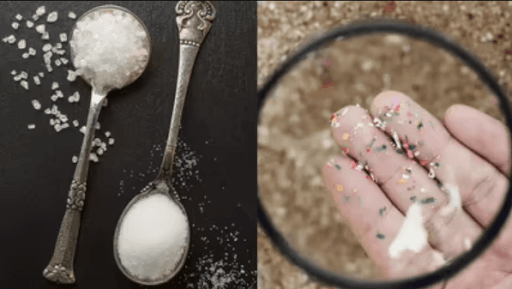6 Common Foods That Make You Feel OLD & Promote Aging Skin!
Understanding how specific foods contribute to aging can help you make more informed dietary choices. This article reviews foods that may affect your youthful appearance and health over time.
Wheat, found in bread, cereal, and pastries, contains carbohydrates that may spike blood sugar, leading to glycation. This process involves glucose bonding with proteins, which may contribute to inflammation, oxidative stress, and the formation of Advanced Glycation End Products (AGEs).
- AGEs can cause damage to skin, joints, and organs.
- Baked wheat products may contain carcinogenic acrylamides, linked to cancer risks.
Opting for whole grains like oats or quinoa can mitigate these effects by providing more balanced nutrition.
A study in mice suggests that soybean oil, prevalent in many diets, can affect genes associated with hormonal regulation and potential brain function issues. While human impact is not fully validated, it raises concerns about its consumption.
- Soybean oil was found to impact around 100 genes in mice.
- Alternative oils like olive or avocado oil might be preferable for balanced health.
Corn products, especially those containing high fructose corn syrup, can accelerate aging due to an imbalance in Omega-3 and Omega-6 fatty acid ratios, leading to increased inflammation and oxidative stress.
- High fructose corn syrup promotes AGEs formation more than glucose.
Limiting consumption of such foods can contribute to maintaining a youthful appearance.
- Sugar increases inflammatory responses and oxidative stress.
Substitutes like Stevia can reduce sugar's aging effects due to its low glycemic impact.
High salt intake causes water retention and potential dehydration, promoting a dull skin appearance.
- Research suggests salt may contribute to oxidative stress and telomere shortening, factors in aging.
Reducing sodium intake can help balance hydration and oxidative stress in the body.
Regular consumption of processed meats is linked with increased inflammation and metabolic disturbances that can accelerate aging and raise disease risks.
- Processed meats may increase insulin resistance and oxidative stress, impacting heart and cellular health.
Opting for unprocessed proteins and plant-based nutrients can lower these risks and support healthier aging.
From Around The Web
Healthy Shark is a blog & weekly newsletter that curates trending news and products related to health and wellness from around the web. We also gather content from various sources, including leading health professionals, and deliver it directly to you.
Please note that we may receive compensation if you purchase any products featured in our newsletter. Healthy Shark is not affiliated with, nor does it endorse, any health professionals whose content may appear in our newsletter. The information provided is for general informational purposes only and should not be considered medical advice.
The information provided is not intended to replace professional medical advice, diagnosis, or treatment. All content, including text, graphics, images, and information available is for general informational purposes only. We do not guarantee the accuracy or completeness of any information presented and assume no liability for any errors or omissions. The content is subject to change without notice. We encourage you to verify any information with other reliable sources and consult your physician regarding any medical conditions or treatments.







